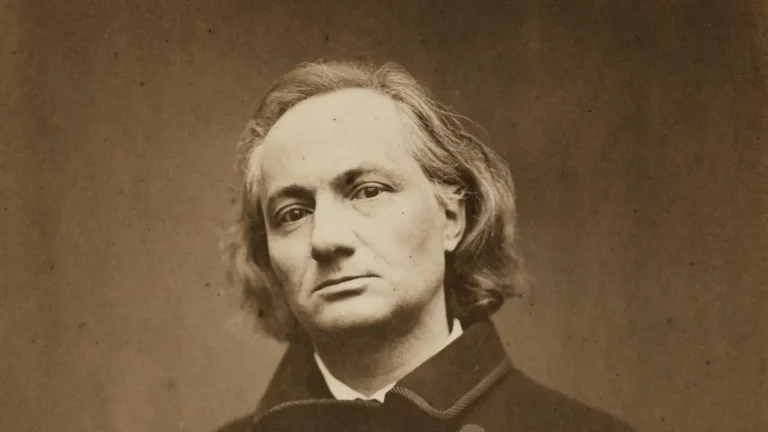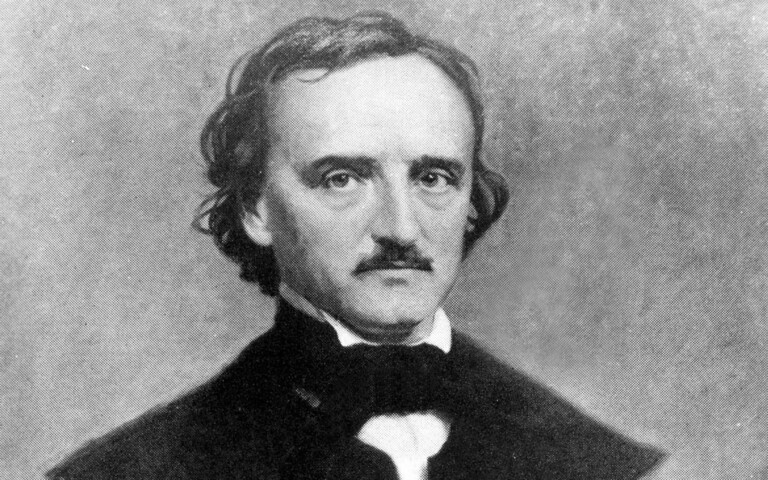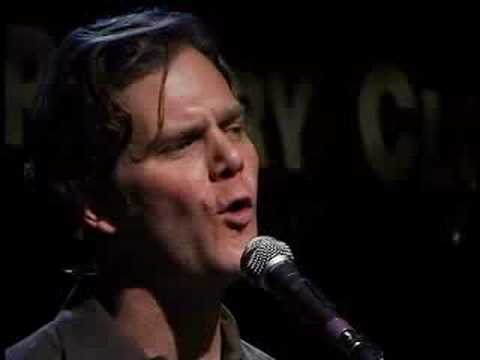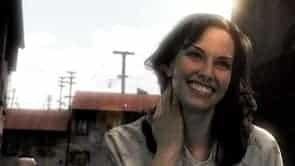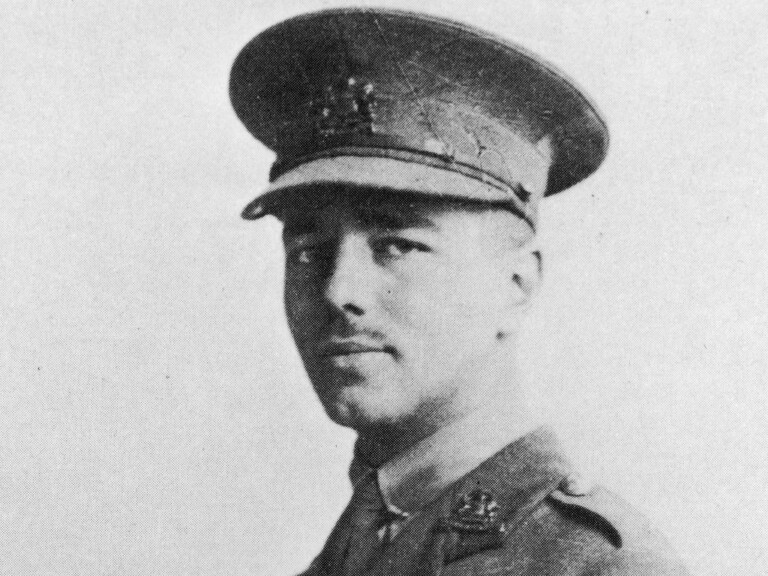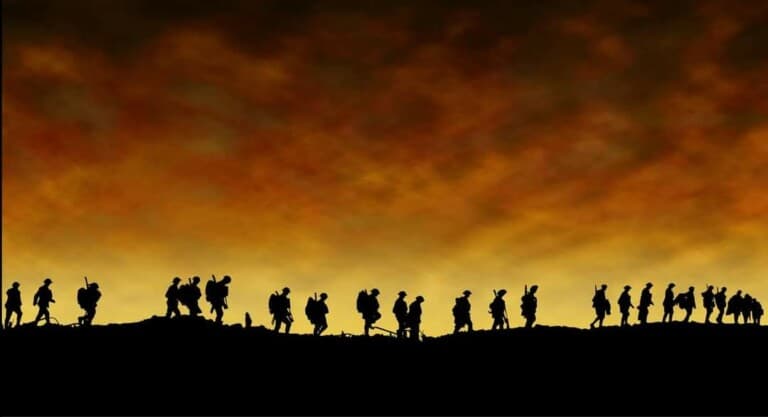Introduction
War poetry is not a school of poetry in itself but it played a tremendous part since it inspired a new birth of inspiration. It was a totally new experience: nothing like that before in poetry, no war like WW1 before.
War had already been a subject for poetry but never with such feelings. In English consciousness, in 1914, war was fought by processionals away from home and many people thought it glamorous.
Before 1914, war poems would have an exotic ending, completely removed from immediate experience. But WW1 is a new experience in the sense that the poets had to find a poetic voice to render what they witnessed.
Poets were ill-equipped because they had no tradition to draw upon, no worthwhile models to imitate.
First, poets imitated anthology pieces or well-established forms like sonnets. Then, they gradually found their own voices.
The Georgian Movement
The Georgian Movement appeared in 1912. Originally, it applied to the writers of George V but the meaning was then restricted to pastoral poetry.
The five volumes of Georgian Poetry appeared between 1912 and 1922. It was very successful but the quality declined in the last volumes. Great influence for many poets.
Several poets, including Sassoon and Blunden, objected to being called Georgian Poets, although they had published poems in the Georgian Anthology.
Note : nowadays, “Georgian” has a rather pejorative and negative connotation. Many critics made it impossible to associate “Georgian” and good poetry, especially because of the importance of modernism which marginalized Georgian Poetry.
G. Poets were mainly blamed for their traditionalism (imitation of their forefathers), for being escapists (attempting to escape from urban and industrial life) and for cultivating false simplicity.
In fact, Georgian Poetry was most interesting than that: the Georgian movement was a reaction against the poetic establishment, embodied by Newbolt.
The first two volumes include many poems but fail to include such poets as Owen (who thought himself Georgian). Marsh is responsible for the Georgian anthology, he made it on subjective grounds: “this volume is issued in the belief that English poetry is now once more putting on a new strength and beauty”.
As a result, the Georgian Movement is quite informal and Georgian Poetry is not homogeneous. There are two phases in Georgian Poetry :
- Georgian phase proper: 1912-1915 volumes.
- Neo-Georgian phase.
Phase 1 is the real Georgian Poetry. In 1912, Georgian Poetry was hailed as symbolizing “the new rebellion in English poetry”. Poets have in common to challenge the establishment, the current trends in poetry:
- Denial of individualism.
- Virtues of national identity and moral responsibilities.
- “Poetic diction”, pompous poetry.
By contrast, the aims of Georgian Poetry in Phase 2 was to give a subjective personal response to personal concern to return to Wordsworth and to use a straightforward and casual language (that is why they were blamed for cultivating simplicity).
The Georgian general recommendation was the giving up of complex forms so that more people could read poetry. Georgian Poetry was to be English but not aggressively imperialistic, pantheistic rather than atheistic; and as simple as a child’s reading book.
Traditionalism
Georgian poets were blamed for being traditionalists: they rejected the accepted practices of their days. They tried to react and to follow the lead shown by Wordsworth a century earlier, who wanted to “write in the real language of man”.
They were not only reacting again but also trying to introduce some new keys innovations into English poetry.
Escapism
Georgian poets were said to have ignored the time in which they lived (unlike Newbolt). They wanted to make the poetry reading public, aware of the unpleasant faith of English society. They introduced prostitutes and tramps in their poetry.
Far from being escapist, early Georgian Poetry relied on realism (cf Brook). To make poetry relevant, they adopted a close reflection of real life, common and sordid. They attempted to describe the emotional reality.
Nature was an obsession for the poets: it was used to explore other issues and as a means of communication. Georgian Poetry puts a strong emphasis on emotional response. It is an answer to the increasing complexity of dislocation of the modern world.
Georgian War Poetry
Georgian war poetry is not a homogeneous mass, it changes at the same as new expedience arises from fighting and the life in the trenches. Early poetry written before the battle of the Somme in 1916 :
- chivalric heroic aspect
- virtue of sacrifice
- righteous cause
Leading figures: Brooke, Sorley.
Later poetry (after 1916) :
- sense of delusionment
- war felt as senseless
- cost of war in human terms (casualties)
Leading figures: Sassoon, Owen, Blunden, Rosemberg. Many of the early poems were written by patriotic versifiers.
Many poems (not all) are a mere formula using stereotypes of rhymes etc.
